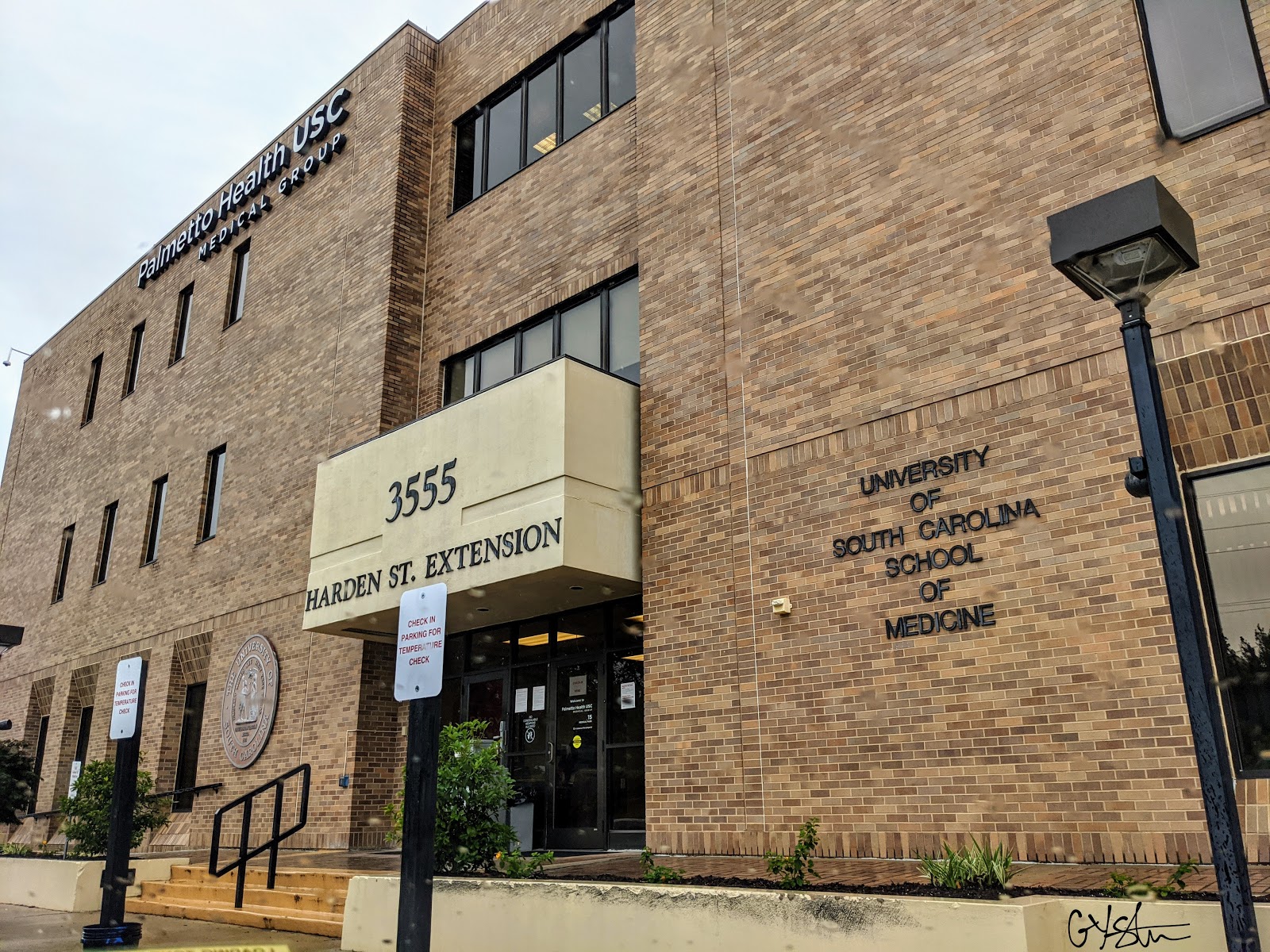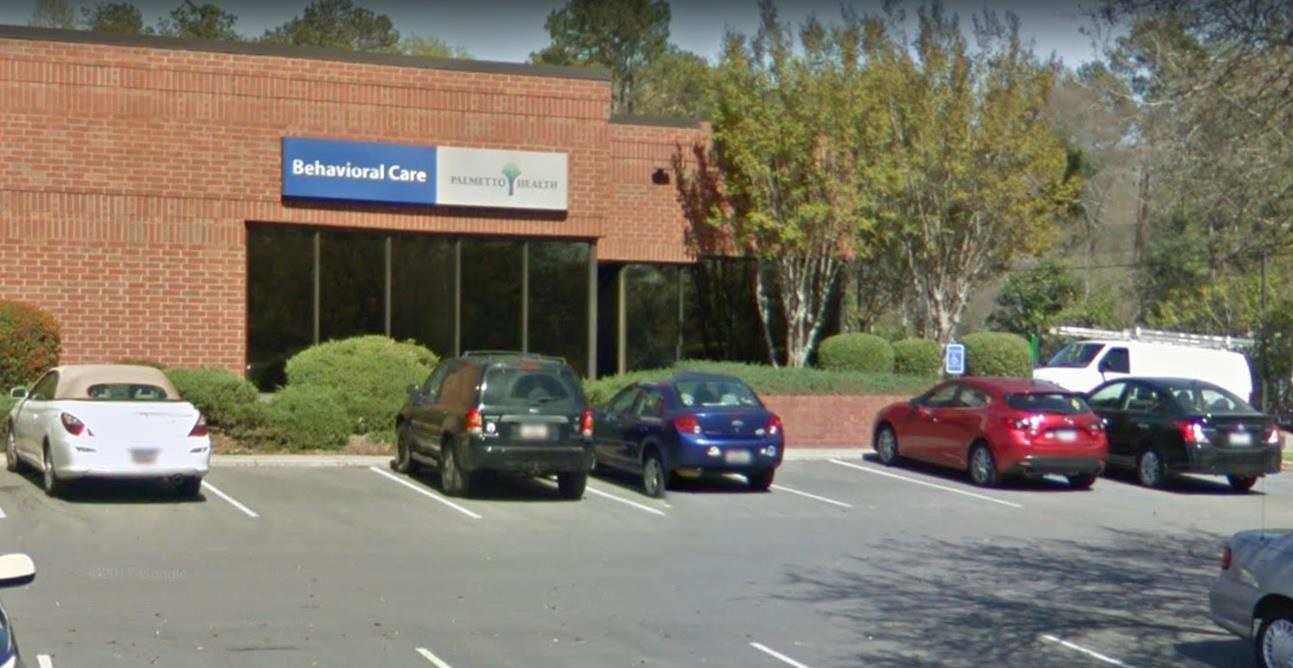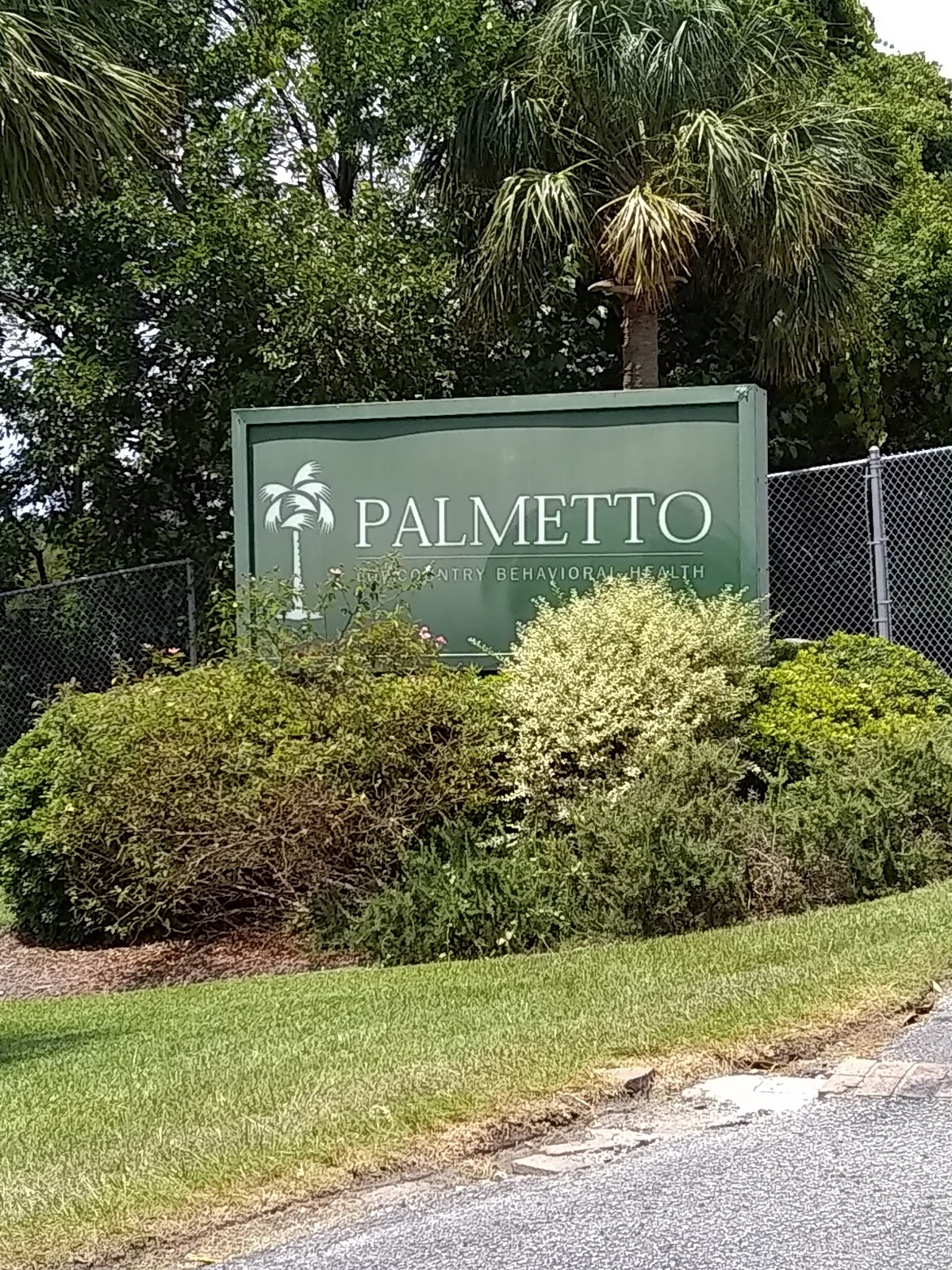Palmetto Health Addiction Recovery Center - Marion Street
Overview
Palmetto Health Addiction Recovery Center - Marion Street is an accredited substance abuse treatment center that provides inpatient and outpatient detoxification, for men and women from 18+ years of age. As part of their special programs, Palmetto Health Addiction Recovery Center - Marion Street treats clients who have experienced trauma. To help patients achieve sobriety, Palmetto Health Addiction Recovery Center - Marion Street provides intake assessments. Afterward, patients receive 12-step facilitation, family counseling, and individual psychotherapy during treatment. Palmetto Health Addiction Recovery Center - Marion Street is located in Columbia, South Carolina, providing treatment for people in Richland County, accepting medicaid, private health insurance, and cash or self-payment.
Palmetto Health Addiction Recovery Center - Marion Street at a Glance
Payment Options
- Medicaid
- Private health insurance
- Cash or self-payment
- Medicare
Assessments
- Comprehensive mental health assessment
- Comprehensive substance use assessment
Age Groups
- Adults
- Children/adolescents
- Young adults
Operation
- Private for-profit organization
Accreditations
The Joint Commission:

The Joint Commission accreditation signifies that a facility has met rigorous standards of excellence in patient care, treatment, and safety. It assures individuals and healthcare professionals that the accredited facility provides high-quality, evidence-based care for addiction and mental health issues, fostering trust and confidence in their services.
Treatment At Palmetto Health Addiction Recovery Center - Marion Street

Conditions Treated
Mental health treatment:
Mental health facilities offer a safe space for individuals to get specialized care. Trained experts create personal plans using therapies, possibly including medication. The goal is to help individuals cope better and lead fulfilling lives, with constant support and a community feel.
Alcoholism:
Alcohol addiction is a disease that changes the way the brain works. It causes negative emotions, impulsive behavior, cravings and withdrawal symptoms. Treatment for alcohol addiction includes supervised detox, counseling and therapy, and support group participation. Rehabilitation does not cure alcoholism. Instead, it helps the individual manage their addiction, restore their functioning, and well-being.
Opioid Addiction:
Opioid rehabs specialize in supporting those recovering from opioid addiction. They treat those suffering from addiction to illegal opioids like heroin, as well as prescription drugs like oxycodone. These centers typically combine both physical as well as mental and emotional support to help stop addiction. Physical support often includes medical detox and subsequent medical support (including medication), and mental support includes in-depth therapy to address the underlying causes of addiction.
Substance use treatment:
Substance use rehabilitation is a comprehensive treatment approach designed to assist individuals struggling with addiction to drugs or alcohol. This form of rehabilitation addresses both the physical dependency, often starting with detoxification, and the psychological triggers, using various therapeutic methods. The objective is to empower individuals to achieve and maintain sobriety, while equipping them with the tools and coping strategies needed to reintegrate into society and lead a substance-free life.
Co-occurring Disorders:
Dual-diagnosis rehabilitation centers usually offer the most suitable approach for addressing concurrent mental health and substance abuse conditions. Within these facilities, a team of medical and behavioral professionals is typically assembled, employing diverse interventions and cultivating an optimal therapeutic environment to enable you to attain and maintain lasting recovery. The treatment regimen often encompasses evidence-based therapies, such as cognitive behavioral therapy, complemented by recovery support gatherings, 12-step program facilitation, skills development, and group therapy.

Levels Of Care
Intensive outpatient treatment:
Intensive Outpatient (IOP) is a form of structured therapy designed to support individuals in recovery from addiction, mental health disorders, or other medical conditions. Unlike inpatient or residential treatment, where patients live at the facility, IOP allows individuals to receive high-level care while still living at home and maintaining specific day-to-day responsibilities. Typically, patients in IOP programs attend sessions multiple times per week, often totaling 9-20 hours or more. These sessions can include individual therapy, group therapy, family counseling, and educational classes focused on skills and strategies for managing symptoms and preventing relapse.
Detoxification:
Detoxification, often just called "detox", is like giving the body a deep clean from harmful substances like drugs or alcohol. When someone decides to stop using these substances, their body might react with tough symptoms. Detox helps to handle these reactions safely. Think of it as helping the body reset after too much exposure to harmful stuff.
Aftercare:
Aftercare treatment refers to the continued support and care that individuals receive following the completion of their primary treatment program for substance abuse or addiction. This phase aims to aid individuals in maintaining their sobriety, improving personal skills and coping strategies, and integrating back into society. Aftercare can include ongoing therapy, support group meetings, education, and monitoring, which are crucial for preventing relapse and promoting long-term recovery. Through a combination of community support, accountability, and personal development, aftercare provides a structured pathway for individuals to continue their recovery journey in a supportive environment.
Outpatient:
Outpatient treatment in a rehab center offers flexible therapy sessions, typically ranging from 1-3 hours per week, allowing individuals to continue daily activities while receiving care. In contrast, intensive outpatient programs demand a more rigorous commitment, often involving 9-15 hours weekly, providing a more immersive therapeutic environment without the need for inpatient stays.
Hospital inpatient treatment:
Residential treatment programs provide housing, meals, and substance abuse treatment, offering patients an environment dedicated entirely to their recovery, distinct from their everyday life. While some rehab facilities concentrate on short-term stays lasting a few days to a couple of weeks, others emphasize long-term care spanning several weeks to months. Many centers offer both, customizing the treatment based on each patient's unique needs.

Treatment Modalities
12-step facilitation:
12-Step Facilitation is a structured approach to recovery used in many rehab facilities. It's rooted in the principles and practices of Alcoholics Anonymous (AA) and its 12-step program. The facilitation process promotes abstinence and supports individuals in becoming actively involved in 12-step self-help groups. The approach emphasizes personal responsibility, spiritual growth, and the importance of peer support to maintain sobriety and prevent relapse. By guiding individuals through each step, 12-step Facilitation aids participants in understanding the underlying causes of their addiction, seeking amends, and fostering a commitment to lifelong recovery.
Family counseling:
Family counseling is a therapeutic approach that addresses the dynamics, interactions, and challenges within a family unit. Through guided discussions and interventions, a trained counselor helps family members understand one another, resolve conflicts, improve communication, and strengthen their bonds. This form of therapy can be beneficial for families facing transitions, stressors, or behavioral issues, promoting understanding and facilitating positive change in the familial environment.
Individual psychotherapy:
Individual Psychotherapy provides a private, one-on-one setting where clients can explore and address their personal challenges, behaviors, and feelings related to addiction and recovery. With the guidance of a trained therapist, clients work to uncover the root causes of their substance use, develop coping strategies, and build a foundation for long-term recovery and personal growth.
Cognitive Behavioral Therapy:
Cognitive Behavioral Therapy (CBT) is a widely practiced form of psychotherapy that seeks to address dysfunctional emotions, behaviors, and thoughts through a goal-oriented, systematic process. It encourages individuals to challenge distorted cognitions and change destructive patterns of behavior by promoting self-awareness and effective coping strategies. CBT is often used to treat a range of disorders including anxiety, depression, and stress, making it a versatile and practical therapeutic approach. Through enhancing an individual's capacity to manage life's challenges, CBT contributes to improved mental well-being and overall quality of life.
Dialectical Behavior Therapy:
Dialectical Behavior Therapy (DBT) is an evolved version of Cognitive Behavioral Therapy (CBT) that aims to assist individuals in recognizing and influencing the interplay among their thoughts, emotions, and actions. DBT is particularly beneficial for those grappling with self-harming behaviors, including self-inflicted injuries like cutting, as well as suicidal ideations or tendencies. Clinically, it has shown effectiveness in managing intense emotions and conditions such as Borderline Personality Disorder.
Group counseling:
Group therapy entails therapeutic sessions conducted in a collective setting rather than one-on-one. It encompasses various modalities, from support groups and experiential therapy to psycho-education and beyond. The approach focuses on treatment and emphasizes the dynamic interactions and shared experiences among group members.
Experiential Therapy:
Experiential Therapy is a therapeutic approach that emphasizes direct experience and active client involvement to gain insight into unresolved issues and trauma. Through guided activities, role-playing, and other interactive techniques, clients are encouraged to confront and explore their emotions in the present moment, leading to a deeper understanding and resolution of their challenges. This therapy is rooted in the belief that transformative change occurs through meaningful experiences.
Marital/couples counseling:
Whether a marriage or other committed relationship, an intimate partnership is one of the most important aspects of a person's life. Drug and alcohol addiction affects both members of a couple in deep and meaningful ways, as does rehab and recovery. Couples therapy and other couples-focused treatment programs are significant parts of exploring triggers of addiction, as well as learning how to build healthy patterns to support ongoing sobriety.
Trauma-related counseling:
Trauma-related counseling addresses the deeply rooted psychological wounds and distress that often coexist with substance use disorders. Recognizing that past traumatic experiences can play a significant role in the onset and persistence of addiction, this therapeutic approach aims to help individuals understand and process their trauma, develop coping skills, and work towards healing. Individuals are better equipped to achieve long-term recovery and improved mental well-being by simultaneously addressing both trauma and addiction.
Ancillary Services
Languages
- Sign language services for the deaf and hard of hearing
Special Programs
- Clients who have experienced trauma

Additional Locations
Contact Information
DISCLAIMER: The facility name, logo and brand are the property and registered trademarks of Palmetto Health Addiction Recovery Center - Marion Street, and are being used for identification and informational purposes only. Use of these names, logos and brands shall not imply endorsement. BetterAddictionCare.com is not affiliated with or sponsored by Palmetto Health Addiction Recovery Center - Marion Street.



